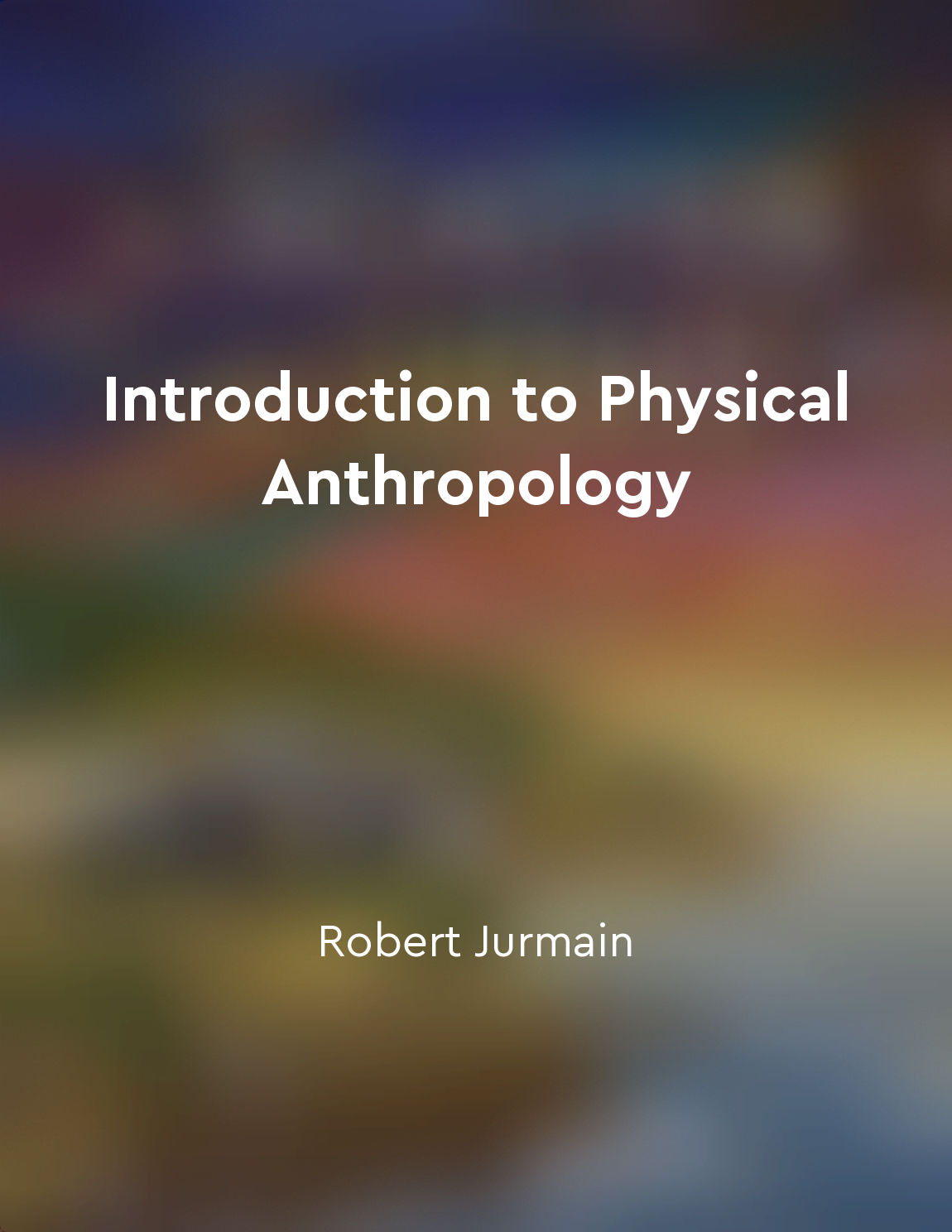Domesticated plants and animals lead to societal advancements from "summary" of Guns, Germs, and Steel: The Fates of Human Societies (20th Anniversary Edition) by Jared Diamond
Domesticated plants and animals have played a crucial role in the development of human societies. The transition from hunting and gathering to agriculture marked a significant turning point in our history, paving the way for societal advancements. By domesticating plants such as wheat, rice, and corn, early humans were able to settle down in one place and establish permanent settlements. This shift from a nomadic lifestyle to a sedentary one laid the foundation for the rise of complex societies. Furthermore, the domestication of animals like cattle, sheep, and pigs provided humans with a reliable source of food, labor, and transportation. This allowed for the specialization of labor, as some individuals could focus on agriculture while others engaged in other activities such as pottery-making or metalworking. This division of labor led to the development of specialized skills and the creation of a more diverse and advanced society. Domesticated plants and animals also led to an increase in food production, which in turn supported larger populations. With a surplus of food, societies were able to sustain more people and support the growth of cities. This population growth spurred further advancements in technology, trade, and governance, as larger societies required more complex systems to function effectively. Moreover, the domestication of plants and animals allowed for the development of writing systems, which enabled humans to record information, communicate across long distances, and preserve knowledge for future generations. This laid the groundwork for the accumulation of knowledge and the advancement of science, literature, and philosophy.- The domestication of plants and animals was a pivotal moment in human history that paved the way for societal advancements. By providing a stable food source, enabling the specialization of labor, supporting population growth, and fostering the development of writing systems, domesticated plants and animals played a crucial role in shaping the course of human civilization.
Similar Posts

Describe the expansion of Roman power and influence
The expansion of Roman power and influence was a gradual process that unfolded over centuries, as Rome grew from a small city-s...

Collaborative efforts are needed to promote indigenous voices
In order to elevate indigenous voices and promote a more inclusive narrative, it is essential to engage in collaborative effort...
Emotions play a crucial role in our instincts
In our daily lives, we often think of instincts as being purely driven by biological impulses. However, emotions also play a si...

The study of human evolution is a dynamic and evolving field
The field of physical anthropology, specifically the study of human evolution, is constantly changing and evolving. New discove...

Imperialism spread European hegemony worldwide
Imperialism was a driving force that propelled European powers to expand their influence across the globe. Through colonization...
The role of instincts in guiding human actions
Instincts play a crucial role in guiding human actions. These inherited tendencies are deeply rooted in our past, shaped by cou...

The study of ancient DNA can provide insights into human evolution
Studying ancient DNA offers a unique opportunity to delve into the evolutionary history of humankind. By analyzing genetic mate...

Sexual jealousy is a social construct
In the world we inhabit today, sexual jealousy seems to be an undeniable aspect of human nature. However, when we examine the r...

